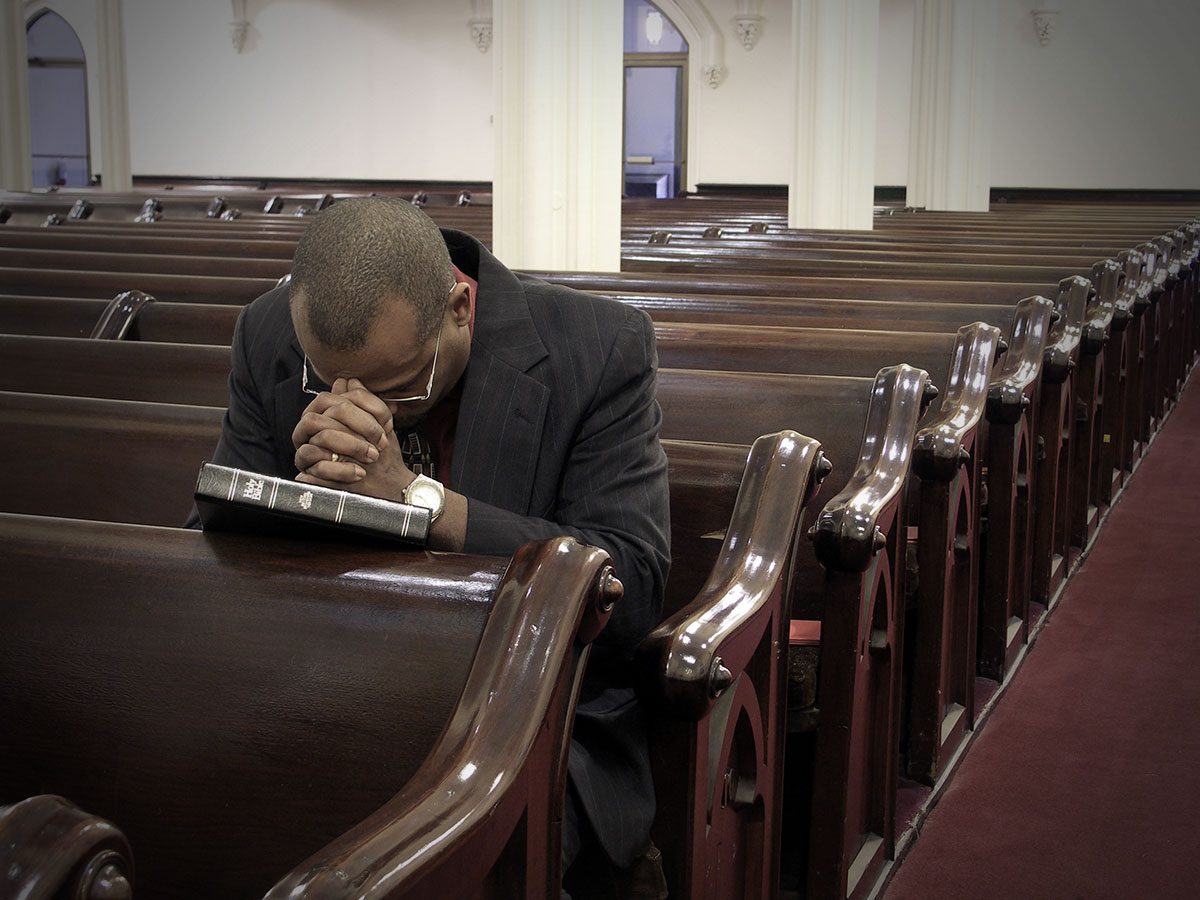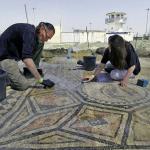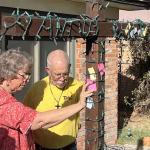
Historically black churches are beginning to sound the alarm on the growing trend of young people either leaving the church or not even entering its doors. Mother Bethel African Methodist Episcopal Church in Philadelphia, the birthplace of the AME church, is one of the churches feeling the shift, according to a New York Times report. The church boasts around 100 congregants, but few of them are younger. A 2021 Pew Research Center study found that 46 percent of Gen Z black Americans and 49 percent of Millennials seldom or never attend church. Of those who do attend church, 29 percent of Gen Zers attend black churches and 27 percent of Millennials do. It’s a large shift from Baby Boomers, with 46 percent attending black churches. According to Gallup, church membership amongst black adults dropped 20 percent.
For many older congregants, the loss of young people in the church not only shows a religious decline, but also a political decline. Black churches are made up predominantly of Democrats, with many older members looking back to the church’s involvement against slavery, racism, and the Civil Rights movement. “You have to remember our church was founded in protest to racism,” said Rev. Dr. Mark Tyler of Mother Bethel AME. COVID also shifted the dynamics of the church, with more young people opting to attend services online instead of in-person. “They don’t come into the building anymore, and we miss that,” said Margaret Jerrido, 79, the archivist at Mother Bethel. She stated that the internet has greatly diminished the sense of community and connectivity the church previously offered. The shift has forced Dr. Tyler to adjust how he runs his services, which rely on congregant responses. “I found different ways to preach and to get that response from people. I use the chat. Those people are talking back to me on Facebook. I’m like, OK, that’s hitting the way I thought,” he said.
The reasons for the decline are legion. Some cite the church’s stance on LGBTQ+ issues as distancing the church from younger members, who tend to identify more or have more friends that identify as LGBTQ+. Others noted how some black churches condemned the Black Lives Matter movement, which has strong support amongst younger black Americans. Dr. Tyler wondered if growing political apathy could be linked to the growing religious apathy. “I don’t know that there’s necessarily correlation with declining church membership and voter apathy, but I do just think that there is an increased sense that people feel powerless in the world around them,” he said. The Atlantic noted that black churches are not longer the central hub for Democrats to earn black votes. “For many younger African Americans, the Black Church no longer holds the place of importance that it did for their parents or grandparents. Fewer than one-third of Black Gen Zers and Millennials ever go to Black churches. The result is that the Democratic Party is losing a reliable way to reach Black voters,” the outlet noted.
Despite not being in the church, many young African Americans hold some sort of belief in a higher power. “We don’t have the privilege to not need God, or some type of God or spirituality. It’s always been our backs against the world,” William Matthews, who attends the LGBTQ+ affirming New Abbey, told The Christian Science Monitor. According to Pew, 20percent of black Americans are religiously unaffiliated, but about a third still believe in the God of the Bible and more than half believe in a higher power. “They are not affiliated with a religion, but that does not mean they don’t have various devotional practices, various spiritual beliefs,” said Kiana Cox, senior researcher on the Race and Ethnicity team at Pew Research Center. Teddy Reeves, curator of religion at the National Museum of African American History & Culture, stated ths shift in religious practice points to a need for change within the black community itself. “This generation is following spirit. And if spirit is leading them outside the walls of our churches, and outside of the walls of our temples, and outside of the walls of our mosques, it begs our institutions to figure out: Are they listening to spirit and the new ways this spirit may be moving?”


